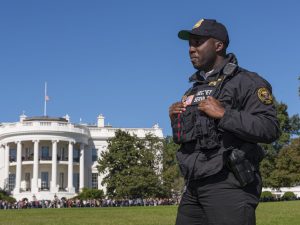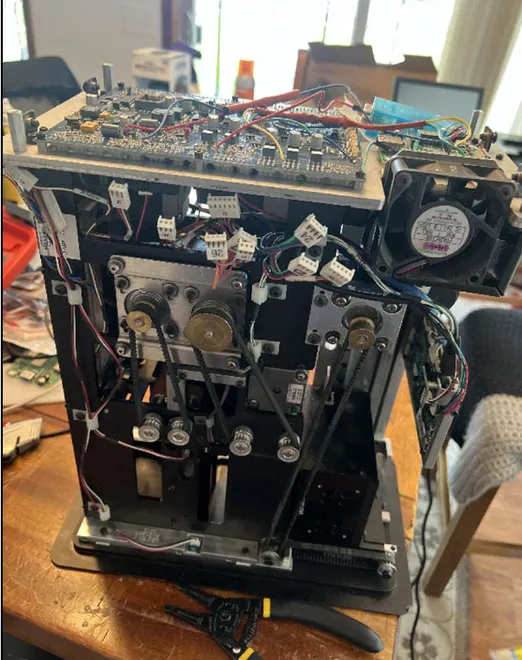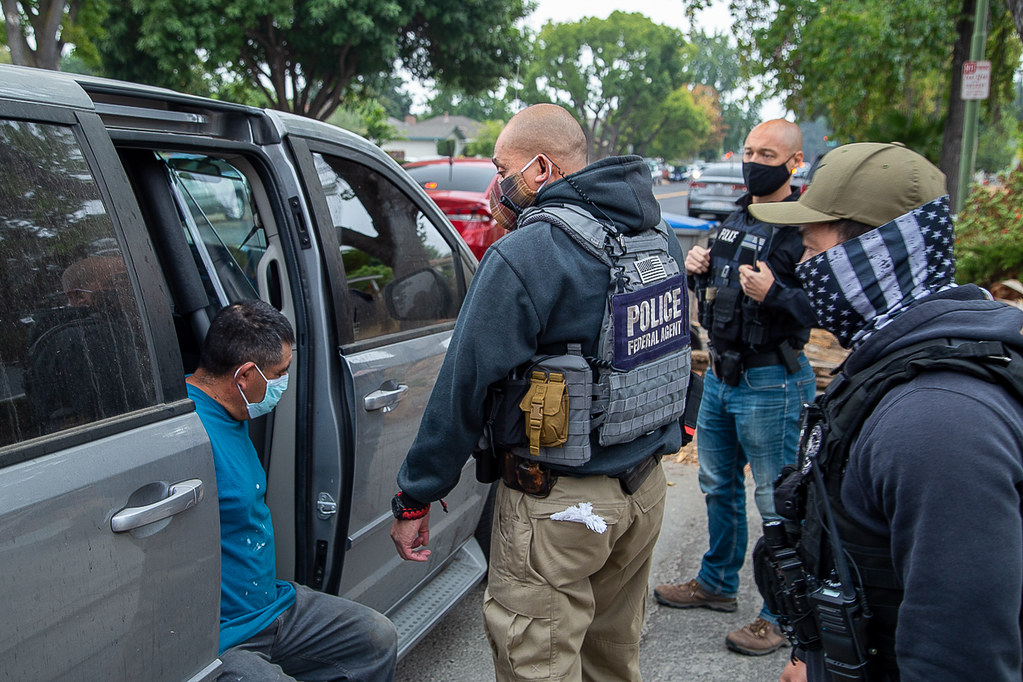By Steve Neavling
An independent, bipartisan review has uncovered “numerous mistakes” and “specific failures and breakdowns” by the Secret Service that enabled the assassination attempt on former President Trump in Butler, Penn., in July.
The panel, composed of four former senior law enforcement and government officials, conducted a thorough investigation and warned that without immediate and substantial reform, another catastrophic security breach could occur, NBC reports.
“The Secret Service has become bureaucratic, complacent, and static,” the panel said in a letter to Homeland Security Secretary Alejandro Mayorkas, under whose authority the Secret Service operates.
The panel concluded that “fundamental reform” is required for the agency to effectively carry out its mission. Without these changes, the review ominously warned, “another Butler can and will happen again.”
Acting Secret Service Director Ronald Rowe, in an interview with NBC News, said he was still processing the review but confirmed that changes had already begun within the agency.
“We have not been sitting back waiting for reports like this to come out,” Rowe said. “Following the horrific events of July 13, we’ve already started to make not only operational changes, but policy changes, to ensure that we don’t have another mission failure like July 13.”
Rowe acknowledged the intense demands on his agents.
“We are redlining our people. We are asking them to do extraordinary things right now,” he said. “They’re spending long hours at work, away from their families, but they are meeting this moment right now, and so I’m pushing myself to make sure that I’m advocating for them.”
The review panel conducted 58 extensive interviews with Secret Service personnel, federal, state, and local law enforcement, and analyzed more than 7,000 documents. They also visited Butler, the site of the attempted assassination, to survey the scene.
The report pointed to “deep flaws” within the Secret Service, including what it described as systemic or cultural problems, such as a “lack of critical thinking among Secret Service personnel” and an unwillingness of agents to “speak up” about potential threats.






